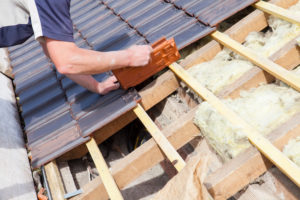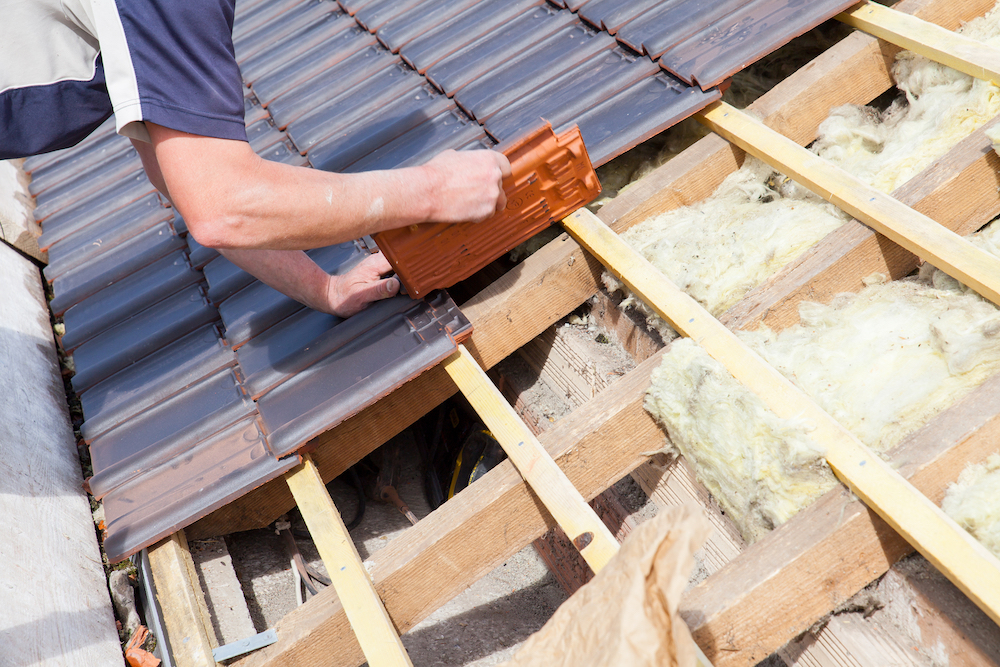
Louisiana is, for the most part, a “non-notice state”. This means that traditional preliminary notices due within a short amount of time from the commencement of a project are generally not required. This is not to say, however, that no notices are ever required. To the contrary, there are notice requirements sprinkled throughout Louisiana’s public and private lien statutes that are vitally important for potential lien claimants.
material suppliers are obligated to deliver a Notice of Non-Payment “on or before seventy-five days from the last day of the month in which the material was delivered . . .”One of these notices, the Notice of Non-Payment, is required from material suppliers and was the subject of an interesting appeals court decision out of Louisiana’s First Circuit. That case, J. Reed Constructors, Inc. v. Roofing Supply Group, LLC, was the subject of an article we published last December, in which we outlined what that decision meant for material suppliers in Louisiana. The case has been continuing its journey through the legal system, and a writ has been filed with the Louisiana Supreme Court. While nothing has yet changed from the appeals court’s previous conclusion, it is worth material suppliers keeping tuned to this case’s progress. And, it is an interesting issue to check back in with.
Louisiana First Circuit Decision
The requirement for material suppliers to provide a Notice of Non-Payment exists within both Louisiana’s Private Works Statute (La R.S. 9:4802(G)(3)) and the Public Works Statute (La R.S. 38:2242(F)). If the general contractor on the project properly records the contract with the recorder’s office in the parish in which the project is located, material suppliers on the project are obligated to deliver a Notice of Non-Payment “on or before seventy-five days from the last day of the month in which the material was delivered . . .”
The question presented in Roofing Supply was whether that requirement was singular, or whether it was continuing. That is, whether one Notice of Non-Payment is due after the last date any materials were furnished to the project, or whether a Notice of Non-Payment is due for each month in which materials were delivered but for which the claimant remains unpaid. In Roofing Supply the court determined that the language of the statute was clear and unambiguous and that, like the (more unambiguously stated) notice requirements in Texas and Tennessee, this notice requirement was recurring. This means that a separate notice is due within 75 days of the last day of each month in which materials were delivered.
While it is true that Louisiana’s Notice of Non-Payment seems more philosophically aligned with the repeating notices in Texas and Tennessee, the statement that the wording of Louisiana’s statute is unambiguous is a stretch. Since the statute is worded in the singular, rather than the plural, it is not outside the realm of possibility to read the statute as only requiring one notice, sent with 75 days from the last month in which materials were delivered. A simple change to the wording of the statute, that the notice was required “on or before seventy-five days from the last day of the months in which the material was delivered . . .” (emphasis added), or “on or before seventy-five days from the last day of each month in which the material was delivered . . .” (emphasis added) would make the statute actually unambiguous.

Send a Preliminary Notice
We’re the Preliminary Notice experts. With us it’s fast, easy, and done right.
Send NowWrit to the Louisiana Supreme Court
This matter, so far, has been decided the same way by the trial court and the Louisiana First Circuit Court of Appeal. A motion for new trial (at the trial court level) and a Petition for Rehearing (at the appeal court level) were both denied.
The question presented in the writ to the Louisiana Supreme Court is the same question as the question outlined above: Is a materialman required to send monthly Notices of Non-Payment within 75 days of the last day of each month in which material was delivered for which he remains unpaid; or is the requirement a single notice sent within 75 days of the last month in which materials were furnished?
The writ notes not only that Judge Higginbotham’s dissent to the first circuit’s majority decision realizes that the relevant statute is poorly drafted, and subject to different interpretations, but also that the Acts at issue (as a whole) were intended to provide protection to the parties supplying labor and material to construction projects. This case, then, represents another in a long line of cases where an important determination is whether to apply a strict or liberal construction of the statute at issue.
This blog will be keeping an eye on the progress of this case, and will be looking to see what the ultimate decision regarding the Louisiana Notice of Non-Payment requirements are finally determined to be.

